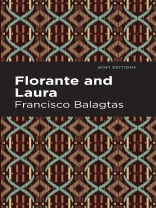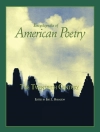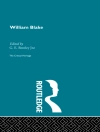Revisit one of the earliest masterpieces of Filipino literature with Francisco Balagtas’ Florante and Laura.
In the Kingdom of Albania, the noble and brave Duke Florante is tied to a tree. Losing hope that he shall ever be rescued, he begins to recount the events that have led to his current predicament: the death of his father, the suffering of his people, and perhaps even, the loss of the woman he loved; and as he takes what he believes to be his final breath, a kindred spirit stumbles upon the scene and together the pair embark on a journey to reunite with their loved ones and bring peace to their kingdoms.
Originally published in 1838, Florante and Laura is an epic story of war, betrayal and romance that has never gone out of print and continues to be celebrated as a significant literary achievement of Filipino literature.
Since our inception in 2020, Mint Editions has kept sustainability and innovation at the forefront of our mission. Each and every Mint Edition title gets a fresh, professionally typeset manuscript and a dazzling new cover, all while maintaining the integrity of the original book.
With thousands of titles in our collection, we aim to spotlight diverse public domain works to help them find modern audiences. Mint Editions celebrates a breadth of literary works, curated from both canonical and overlooked classics from writers around the globe.
Über den Autor
Francisco Balagtas (1788—1862) was a Filipino littérateur who is widely considered to be the Father of Tagalog Literature and continues to be revered as one of the Philippine’s greatest poets. He is best known for Florante at Laura, an epic awit that was published upon his release from a Manila prison in 1838. The poem closely mirrored his own love affair with María Asunción Rivera and their experiences dealing with the rich and powerful Mariano Capule. While a large majority of his work has been lost to time, Balagtas’ legacy on Filipino literature cannot be overstated; he wrote in his native language at a time where most Filipino literature was being written in Spanish and produced the only native Filipino poem to never fall out of print.












